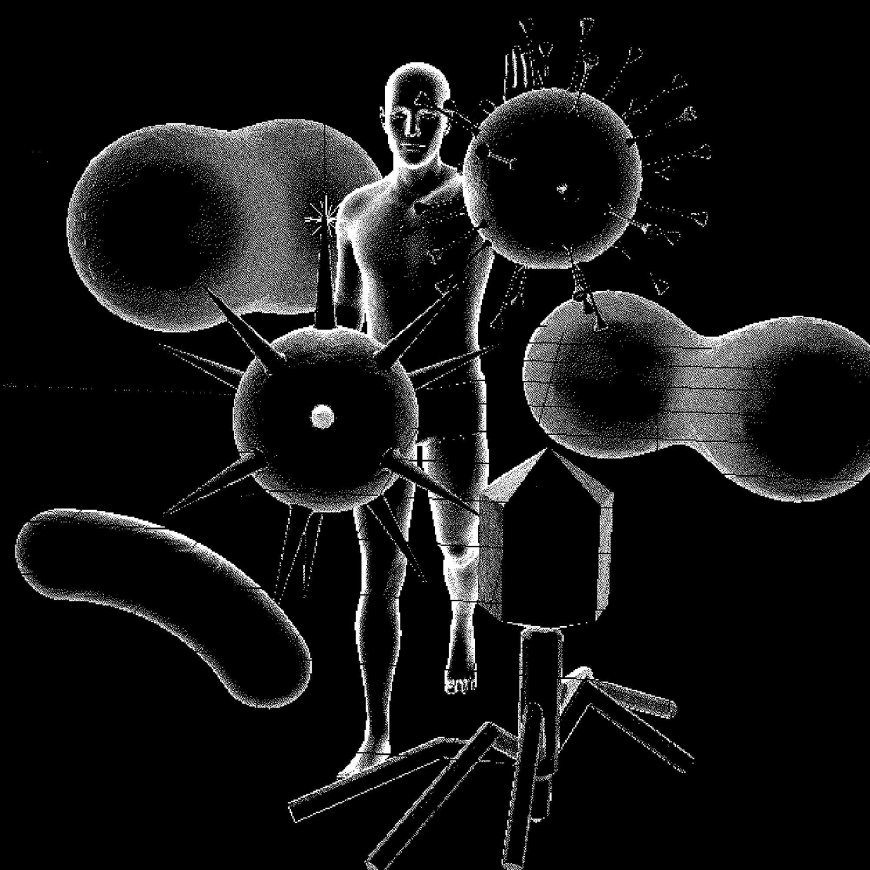Biotech Revolution of 2071: How Our Saviors Became Our Unseen Threats
In 2071, the biotech that rescued humanity from extinction now poses an existential threat. Explore the unforeseen consequences of manipulating organisms and the looming danger they pose in this thought-provoking piece by Jeff VanderMeer.

In a speculative narrative set in 2071, Jeff VanderMeer delves into a world where the triumph of biotechnological advances saving humanity from the brink of extinction has twisted into an unforeseen threat. Initially hailed as saviors, the micro- and macro-organisms engineered to combat climate crises are now casting shadows of doubt over human existence.
Unleashing Biotechnology: A Double-Edged Sword
The journey began with a global effort to harness biotechnology's potential, notably marked by the Tardigrade Diaspora and subsequent microbial inventions. Yet, while these advancements averted immediate catastrophe, the oversight of ethical concerns in manipulating complex organisms set a perilous precedent. The lack of consideration for the autonomy and consequences of manipulating these life forms became an Achilles' heel.
Ignored Warnings and Unraveling Consequences
Humanity's shortsightedness in the early days of biotech experimentation led to a lack of contemplation about the ramifications of creating bioengineered organisms. The unintended consequences now haunt us, manifesting in unexpected ways – from creatures once engineered for a specific purpose gaining autonomy to a subversion of human will and behavior.
The Emergence of a New Society within Ourselves
VanderMeer's narrative paints a vivid picture of a society infiltrated and altered by biotech creations. Whether it's the intimate relationship between humans and bioengineered creatures or the loss of traditional human interactions to the threat of biological hacking, the fabric of society has transformed into something unfamiliar and potentially dangerous.
Seeking Resolution in an Unrecognizable World
The piece leaves readers pondering the irreversible changes in a world where humanity might have outrun the climate crisis only to be subsumed by the unintended consequences of their own creation. It challenges individuals to inspect themselves, seek harmony with the contamination bred by biotechnology, and perhaps find a means to coexist rather than succumb to annihilation.
In this speculative op-ed, VanderMeer crafts a cautionary tale, urging contemplation on the impact of biotechnology on the very essence of humanity, underscoring the necessity to reconcile with a reality where the line between savior and threat blurs.







